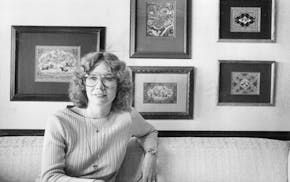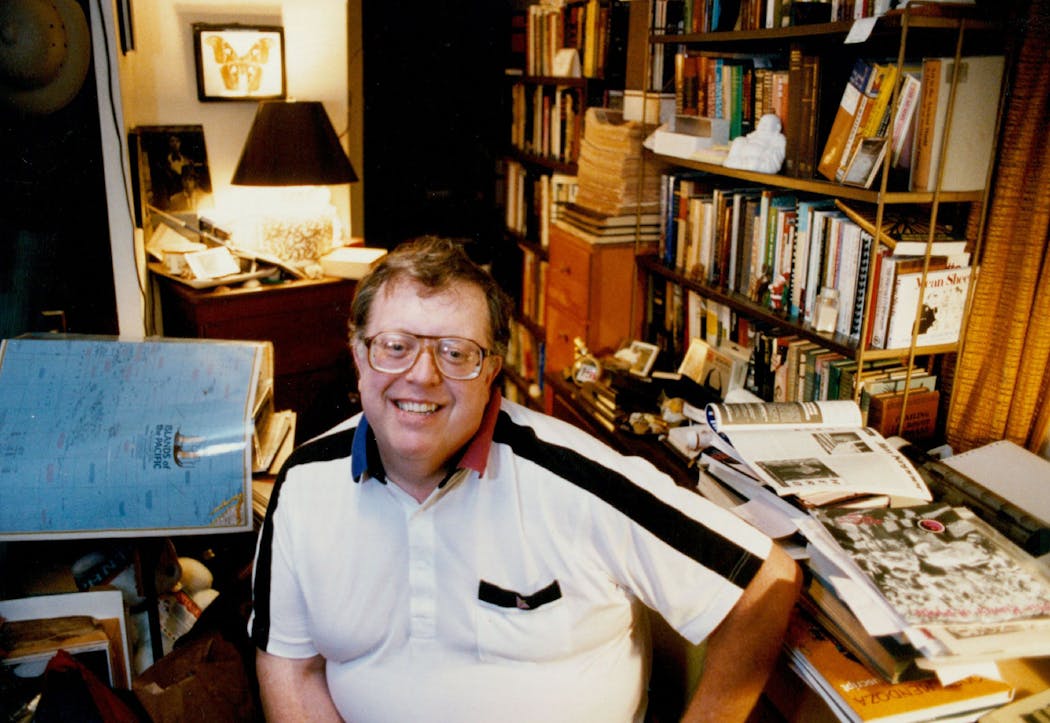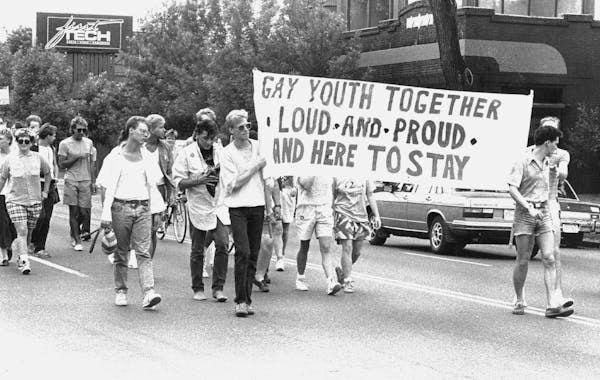Books, magazines, lamppost flyers, theater programs, buttons, records, T-shirts, restaurant menus — if it featured the LGBTQ community, Jean-Nickolaus Tretter saw value in it before almost anyone else.
He kept it all, and his collection eventually grew so large that it was donated to the University of Minnesota's Andersen Library and is now one of the largest LGBTQ collections in the United States. Tretter preserved materials pertaining to the lives of LGBTQ people before it was widely done, showing the community's progression and recognition over the last several decades.
Tretter died Friday in St. Paul. He was 76.
Fear and pride drove Tretter to collect this history, said Tretter Collection Curator Aiden Bettine. Tretter worried no one would care to preserve the materials, and knew there were few who would take it on alone, he said.
"Jean Tretter had both stubborn but bewildering foresight on collecting LGBTQ history," Bettine said. "He was a part of this incredible wave and movement of these gay and lesbian elders and ancestors who cared about our history."
Tretter was born in Little Falls, Minn. He studied linguistics and went on to serve in the Navy in the Vietnam War as a decorated linguist. When he returned, he wanted to attend the University of Minnesota to study cultural anthropology and the gay community. But he was turned away and told there was no such thing as the gay community, said former Tretter Collection curator Lisa Vecoli.
Instead, he worked with young people in group homes, and tended to his passion for gay history on the side, she said. Tretter became active with the formation of Twin Cities Pride and began to collect LGBTQ materials, keeping whatever he came across for 20 years, she said. Eventually his collection grew so large he had to sleep on a bed roll at night, his own bed taken over by boxes.
"He would hang on to anything he could beg, borrow or steal," Vecoli said. "This was his passion. Even when he had very little money, he would scrape together the funds to buy books or to buy things that came up for sale that he felt needed to be added to his collection."
He likely had 400 to 500 bankers boxes in his apartment when concern for fire safety arose, Vecoli said. Luckily, the university library had just opened a space for archival collections that could house his project. It was donated in 2000, and he was hired on to open it up to students, faculty and the community.
"When Jean started collecting this material in the '70s and '80s, there was no reason to think that anyone would ever want it," Vecoli said. "We look at it now and we're like, 'Wow, this is amazing.' "
His longtime friend and lawyer James Garlough recalled chatting with Tretter over Chinese food. They shared a love for cats and conversation, and Garlough served on an early iteration of the collection's board. They traveled to many archival events.
"He really wanted the collection to be something that people would value and use for hundreds of years into the future so that people can understand that GLBT+ people have a culture and a history," Garlough said. "With the oppression and violence today I think Jean was on the right track preserving the history. … He was a visionary in that respect."
For Tretter's niece Nicole Ringrose, he was Uncle Jean and she was Coley. Both the youngest of their siblings, they connected. On her birthdays, he'd pick her up for an adventure: to Dayton's in St. Paul for a coat or a dollhouse and to the Lincoln Del for lunch and cake.
"I had this expensive taste; I learned that from him. He couldn't necessarily afford to buy me all those things, but he found a way to make sure I always had the best," Ringrose said.
She is confident that Bettine, who was appointed collection curator in August, will carry on his legacy.
Bettine said he hopes to bring the community back into the collection after pandemic disconnectedness.
"It's really the archives that we can point to turn to for inspiration and turn to for wayfinding and reminders that we've always been here," Bettine said.
He is survived by his beloved cat, Max, his niece, her husband, Mike, and their children. In lieu of flowers, donations can be directed to the Tretter Collection.
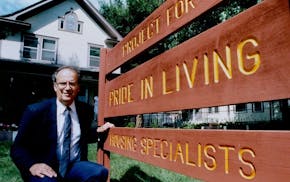
Joe Selvaggio, social change agent who started Project for Pride in Living, dies at 87
Bemidji State University women's volleyball coach dies of cancer at age 41
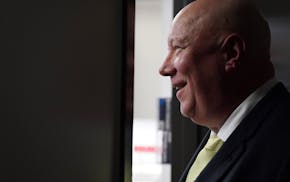
Former Minnesota veterans commissioner, who resigned after ALS diagnosis, dies at 61
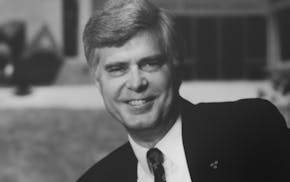
Axel Steuer, who guided Gustavus Adolphus College through 1998 tornado, dies at 81
